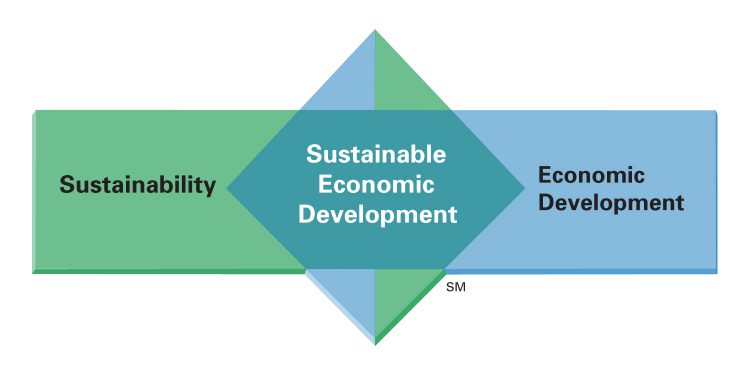Rwanda has improved in 33 indicators including GDP over the last ten years according to the Boston Consulting Group’s Sustainable Economic Development Assessment (SEDA) 2018 report for Africa.
BCG launched SEDA in 2012, a tool that is used to measure well-being. The 2018 report analysed data from data from 152 countries from 2007 through 2016.
According to the report, countries do not have to choose between well-being and economic growth because they can promote the welfare of their citizens while driving sustainable and robust economic growth.
“We found that countries that were better at converting wealth into well-being tended to have faster economic growth. They also tended to more resilient – recovering more quickly from the 2008-2009 financial crisis,” the report states.
In Africa, Tunisia had the highest SEDA score of 49.3 followed by Algeria, Morocco, Botswana, Egypt, Gabon, and Ghana.
The Results
The report indicates that African nations have displayed significant improvements in infrastructure and economic stability over the last decade. For instance, countries such as Rwanda, Ethiopia, Morocco and Kenya have made great strides over this period in improving infrastructure, education, and overall governance.
However, the survey found that most of the countries in Sub-Saharan Africa scoring below a coefficient of one have a problem in converting wealth into well-being. This score is below the global average for countries at the low-income level.
“While there are some notable exceptions, including Ghana and Rwanda, the overall pattern is worrisome. Not only do countries in Sub-Saharan Africa have limited resources to direct toward areas that bolster well-being, but they are also not effective at converting the wealth they do have,” the report reads.
SEDA 2018 ranked Norway, Switzerland, Iceland, Luxembourg, Denmark, and Singapore at the top. Nevertheless, the report highlights that “high income is not a guarantee of high levels of well-being.
For instance, “The US and Australia both have GNI (gross national income) per capita in the mid-$50,000 range – but the US’s SEDA score is 76, while Australia’s is 79.”
In addition, countries with low SEDA scores such as those in Africa have a higher chance of improving.
The report also made the following observation: “A country’s ability to convert wealth into well-being is clearly associated with its level of digital technology adoption. The relationship between SEDA’s wealth-to-well-being coefficient and internet and mobile usage is positive and significant at levels of low and middle usage.”
The report recommends that countries at the low level of well-being should not only focus on health and education but also on governance.




